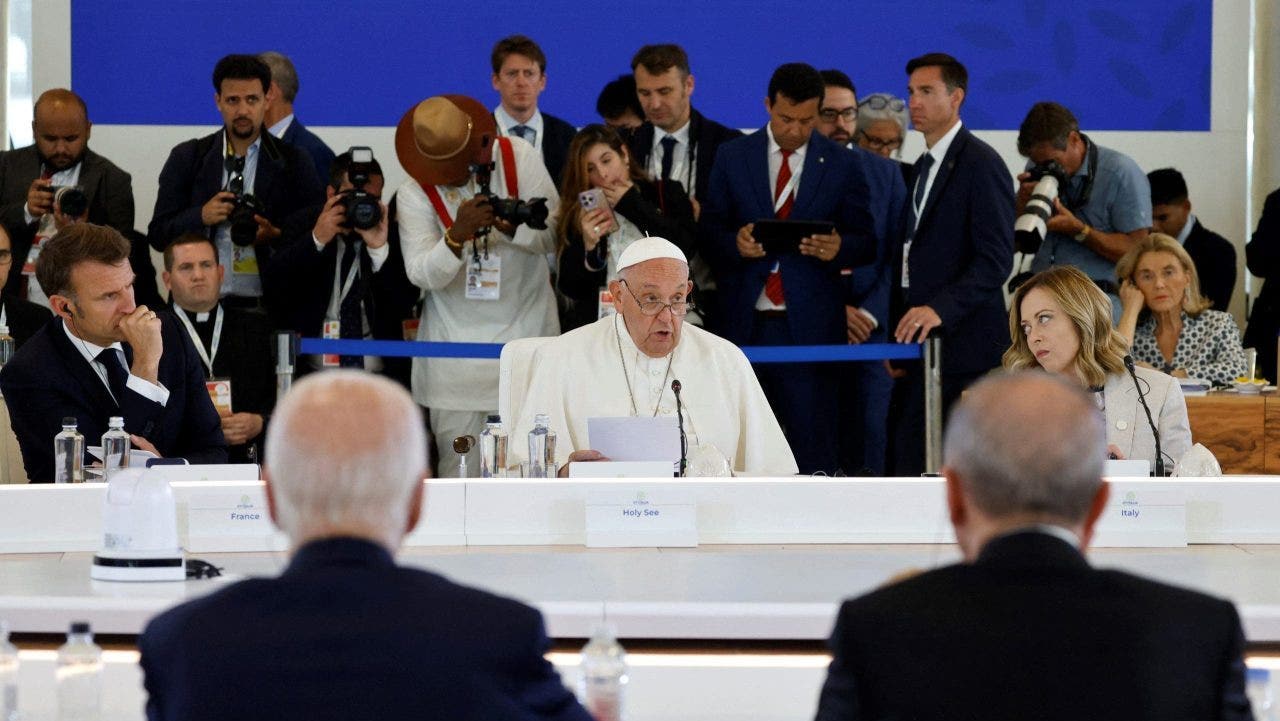
Why does this election matter?
Hundreds of millions of voters in all the 27 countries that make up the European Union are heading to polls between June 6 and 9 to choose their representatives in the European Parliament, the only directly elected institution of the alliance.
The European Union is one of the world’s most ambitious political experiments, but because of its complex governing structure, it has often been criticized for a lack of transparency and democratic accountability. The European Parliament election, which takes place every five years, is the only way in which E.U. citizens can have a direct say in shaping the bloc’s policies.
Voters have been electing lawmakers to the body since 1979, when the union was much smaller. This year, there are more than 330 million Europeans who are eligible to choose 720 lawmakers.
The results will affect the bloc’s policies for the next half-decade, but they also provide a rare and important check on the political mood across Europe. They can even trigger political upheaval in individual countries, particularly if a ruling party takes a big beating at the E.U. polls.
What does the E.U. Parliament do?
In a significant divergence from most European legislatures, the European Parliament does not have the power to initiate laws, which many see as a crucial limitation on its powers.
The European Commission, the E.U.’s executive body, drafts legislation for the bloc, and the Parliament can veto it, which still gives it important leverage. It also ratifies international agreements, approves the E.U. budget drafted by the commission and oversees the other E.U. institutions by scrutinizing their output and budgets. Its members choose their own president and have the final say in approving the president of the European Commission.
There are signs that Europeans would like the Parliament’s voice to be louder: In the 2019 elections, the turnout grew compared to previous years, and 63 percent of Europeans said that they would like the body to play a more important role.
How does the E.U. vote?
Each member state makes its own arrangements for the elections, but most countries have organized their voting to happen on Sunday, June 9.
The details of how elections are managed are determined by the local authorities, so there is some divergence from country to country. For example, this is the first E.U. election in which Greeks can vote by postal ballot, but that option is not available to all Europeans.
Each nation elects a certain number of members of Parliament determined by the size of its population. Germany, the bloc’s most populous country, will elect 96 of the 720 deputies in this vote; Malta, with the smallest population in the E.U., just six.
Importantly, each country chooses its members of the European Parliament following its national electoral system.
Who is running and who is likely to win?
Candidates run through their national party affiliations, but, once elected, they usually choose to attach themselves to the European Parliament “families” or groupings, which largely reflect their home party’s politics.
A grouping of conservative parties, the European People’s Party, which is currently the biggest in Parliament, is expected to maintain its lead. Polls also predict a surge in nationalist right and far-right members, who may even take up a quarter of the seats, from the 17 percent they control today.
The second-largest group is the Progressive Alliance of Socialists and Democrats, which encompasses social democratic parties from across the E.U.
Next is Renew, a pro-European liberal family of groupings that shares political positions with both the conservatives and the socialists, followed by the Greens. Two smaller but ascendant hard-right parties — which include deputies that are anti-migrant, anti-European Union and nativist — are the European Conservatives and Reformists and the Identity and Democracy groups. The smallest force in the Parliament today is The Left, which brings together far-left members.
When will we find out the results?
Results will be broadcast and parsed in real time across the European Union countries, but the European Parliament itself will aggregate and put out all results here.
The first indication should come overnight between June 9 and 10, as actual votes are counted in the countries that held their election on June 9. The trends will be clear immediately after polls close on Sunday, and the results of the handful of nations that vote on June 6, 7 and 8 will also be public. But the evening of June 9 will give the clearest sense of how the election has gone.
Where can I find out more information?
Ursula von der Leyen Seeks Second Term as Top E.U. Official
Meta Faces E.U. Investigation Over Election Disinformation





